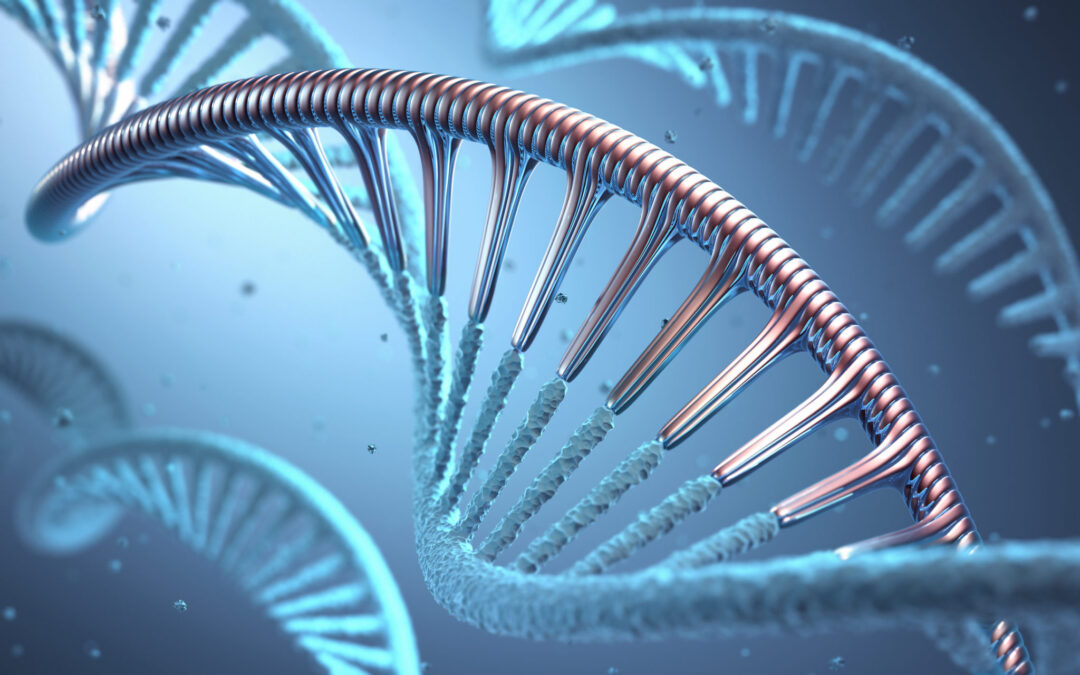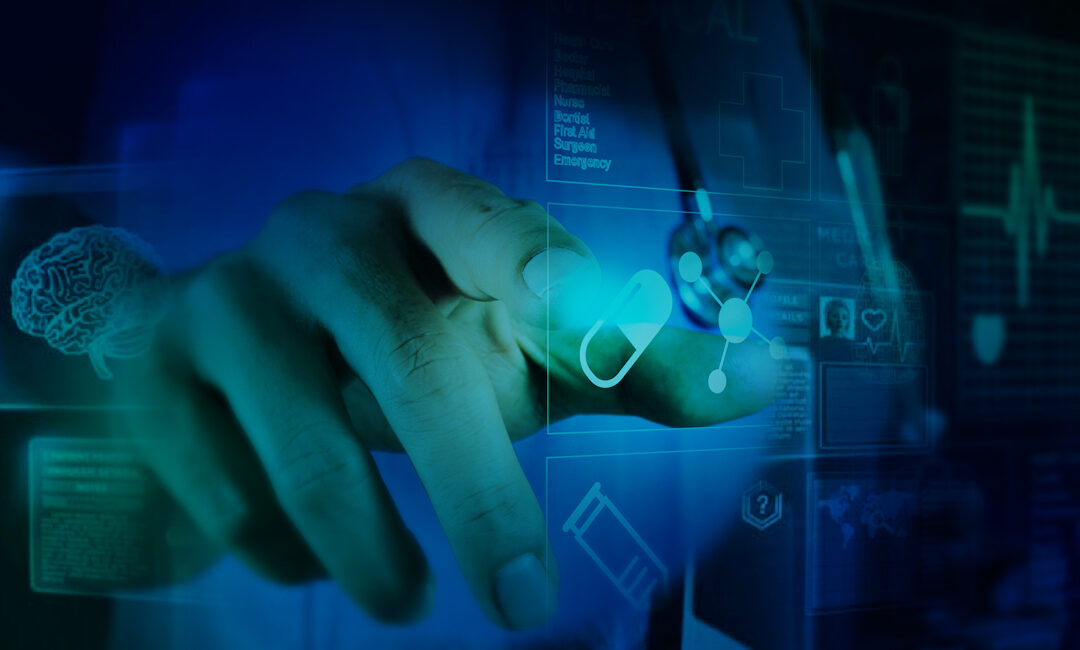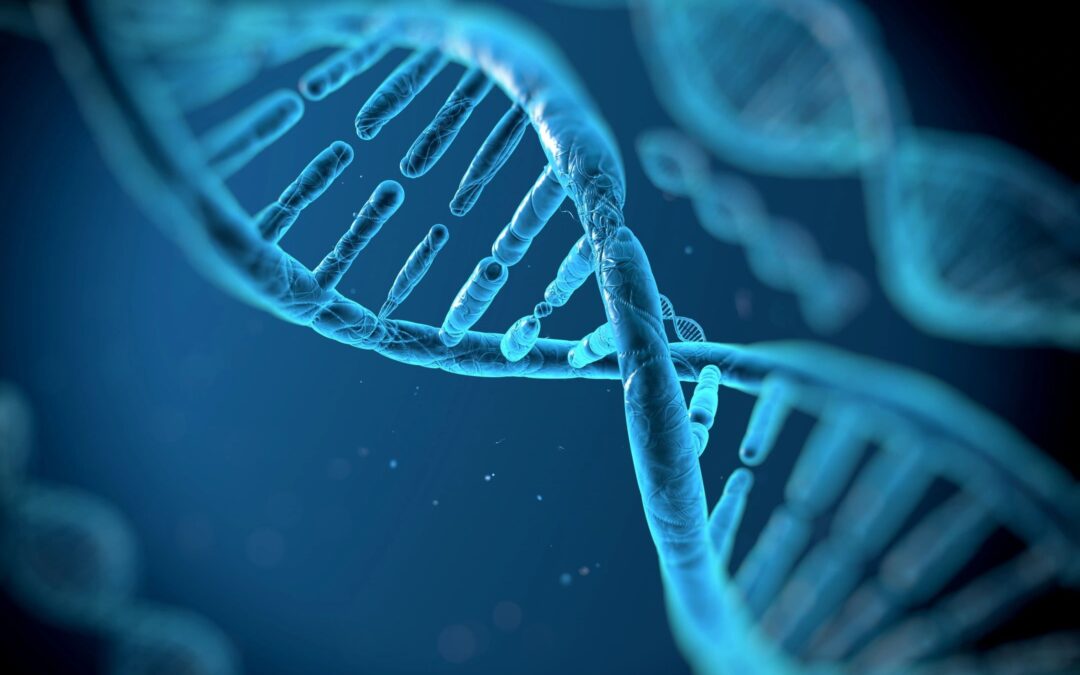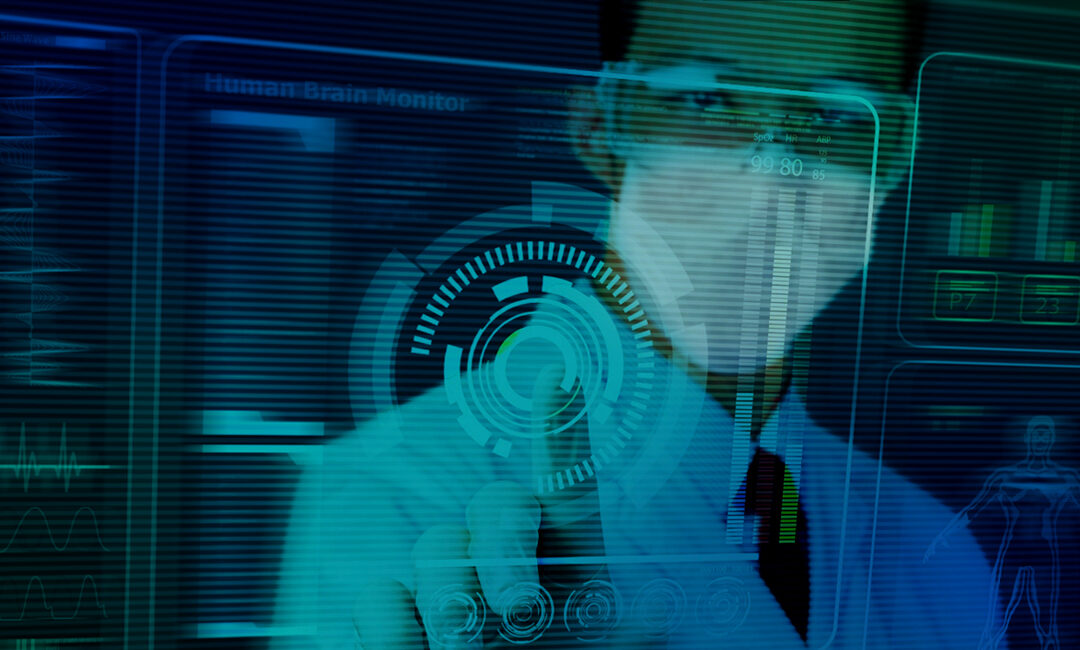
by Nicholas Mitsakos | Artificial Intelligence, Biotechnology, Book Chapter, crispr, drug discovery, Health Care, Innovation, Science, Writing and Podcasts
The first gene-edited approved drug (treating sickle cell anemia) is the first commercial rewriting of human genomes. Is this a new “Golden Age” for medicine? There is great promise, and the potential to treat unmet medical needs, scale dramatic innovations to commercial applications, and transform life sciences is enormous. Since every medicine is an intersection of scientific, technical, and clinical understanding, many new treatments are suddenly arriving because of the convergence of dramatic advancements in science, technical knowledge, and clinical results. Modern medicine is witnessing a transformative era of groundbreaking innovations and technological advancements. We are witnessing a renaissance in drug treatment driven by innovations in immunotherapy, weight management, vaccine development, gene editing, and AI. These advances reshape medical treatments and fundamentally alter our approach to health and disease. As these technologies mature and their applications broaden, the future of medicine holds unprecedented potential for improving human health and longevity. A golden age – with a bit of hype.

by Nicholas Mitsakos | Artificial Intelligence, Biotechnology, Book Chapter, drug discovery, Green Energy, Health Care, Innovation, Public Policy, Science, Technology, Transformative businesses, Writing and Podcasts
Our most intractable problems cannot be solved with behavior modification, conservation, or our existing technology, regardless of its advanced or widespread applications. Only new knowledge creating innovative solutions can address our most intractable problems. This can only be achieved through basic scientific discoveries and then combining these discoveries with enterprise-based innovation, commercial discipline, and competition. Innovation, creativity, and competitive dynamics create the most effective innovations, the best solutions, and the most sustainable companies. Developing the best public policy as well as the best structure to enable innovative and creative solutions, as well as the economic incentive to scale these opportunities and make them economically sustainable. Central planning, bureaucratic industrial policy, government-led economic management, and dictatorial focus have always failed, and always will.

by Nicholas Mitsakos | Artificial Intelligence, Biotechnology, Financial Technology, Green Energy, Health Care, Investments, Public Policy, Technology, Transformative businesses, Writing and Podcasts
Remarkable things can happen. Or not. Can we solve climate change, food shortage, limited healthcare, and other global stresses – all with TikTok videos? Innovation is unpredictable and astonishing – it can address the world’s most critical issues today, from hunger to efficient energy, to devastating diseases. It is also too often misguided, inefficient, and meaningless – creating nothing more than distractions and wastes of time cloaked in an image of technological wonder. Misguided and manipulative business plans sit alongside the groundbreaking disruptions that may address society’s most significant problems. We don’t have time. Even though there is no clear argument for resources going to a new video-sharing platform or immersive game, that is beside the point. Technology delivers something, nothing else can. It is the only way to find solutions to otherwise intractable and potentially devastating global crises. The freedom to pursue solutions is the essential first step. Letting the best people do their best is still the best policy. It will also generate the best outcome.

by Nicholas Mitsakos | Biotechnology, Book Chapter, Health Care, Transformative businesses, Writing and Podcasts
While messenger RNA (mRNA) has been catching recent headlines thanks to its ability to fight Covid, the combination of a global pandemic and the miraculous mRNA vaccine development in less than one year (when typical timelines approach 10 years) has made mRNA life science’s overnight sensation even though the underlying scientific knowledge is based on discoveries from over 20 years ago. Still, mRNA has the promise to disrupt life sciences and drug development and create enormous economic value.
There are fantastic fortunes to be made in mRNA technology. Moderna and BioNTech have created over $100 billion of value collectively, as of February 2022. That kind of value creation will not be ignored by a combination of firms within an industry with hundreds of billions to invest. There will be an incredible future of development, capital availability, and industry focus until all potential options are exhausted. But, mRNA has a fantastic future, even if it ultimately lives only in labs and R&D centers spread around the globe. It will become an area of focus for every major pharmaceutical company and most biotechs in some form from now on.

by Nicholas Mitsakos | Artificial Intelligence, Economy, Health Care, Public Policy, Technology, Writing and Podcasts
Observing is not learning. Acting is. But we’re not going to do that. A call for action is sufficient, as long as someone else does it. That much we’ve learned. What used to take several years now takes a fraction of that – including miraculous innovation and profound global disruption. “Five years in 18 months” caused an initial burst of productivity, clarity, and efficiency, but also a train wreck of supply chain disruption, virtual meetings, empty classrooms, and social isolation.

by Nicholas Mitsakos | Biotechnology, Book Chapter, Health Care, Investments, Writing and Podcasts
Investors have been swept up in the notion of “philanthropic capitalism” and have targeted life-sciences as an avenue that can fulfill this benefit to society. While laudable in concept, this is non-scientific surrealism. “Hoped-for” is not a reliable business model, and most of the unrealistic goals would not be sustainable even if achieved. Real science and innovation are more impactful and substantial and make life sciences even more.

by Nicholas Mitsakos | Artificial Intelligence, Biotechnology, Health Care, Technology, Writing and Podcasts
Medical Intelligence is a new discipline, converging human and artificial intelligence. Artificial intelligence will not replace human intelligence, especially in medicine. Diagnosis and treatment will remain a human endeavor. But AI will be an indispensable tool helping human intelligence effectively deliver better quality healthcare. The overwhelming benefit is that it raises the bar for all practitioners. A minimum level of quality medical care can available globally. The higher standard for diagnostic accuracy, therapeutic recommendations, and overall care from this mass of data gathering will improve overall health and wellness everywhere. Applied effectively, these tools also drive down overall healthcare costs, diagnostic errors, and unnecessary procedures. Greater accuracy eliminates needless testing and procedures significantly and delivers effective care more quickly. Diagnosis is more immediate, recovery times faster, care more available, and overall expenses reduced.

by Nicholas Mitsakos | Economy, Health Care, Technology, Writing and Podcasts
Instead of “internet time” we now have “pandemic time.” The need for advanced systems to keep society functioning, manufacturing moving, and give consumers some sense of safety is immediate. Driving innovations – whether those innovations are in health care, technology or other areas of production and manufacturing – is essential to not only offset the impact of the global pandemic but stay competitive and sustainable long after the current health crisis has subsided. Technological advancements, especially machine learning and other powerful software tools, combined with developments in nanotechnology, monitoring, and global communication networks will accelerate a profound change that will permeate all aspects of business and manufacturing. Advanced technologies were set to indelibly affect all aspects of industry in about five years. The curve to successfully implement the best tools and make processes more efficient, informative, and effective has been accelerated by the pandemic. The need for automation and systematic tools to keep society functioning, keep manufacturing moving, and give consumers some sense of safety and confidence is immediate. More than anything, driving innovations – whether those innovations are in health care and life science, technology or other areas of production and manufacturing – is now seen as essential to not only offset the impact of the global pandemic but stay competitive and sustainable long after the current health crisis has subsided. Technological advancements, especially machine learning and other powerful software tools, combined with developments in nanotechnology, monitoring, and global communication networks will accelerate a profound change that will permeate all aspects of business and manufacturing.

by Nicholas Mitsakos | Biotechnology, Health Care, Writing and Podcasts
The coronavirus will accelerate the third great innovation revolution of modern times. Beginning about 100 years ago, three fundamental components were discovered: the atom, the bit, and the gene. Now, a life-science revolution driven by biotech and the discovery of the gene and the molecules (DNA and RNA) that contain and implement its information will be used to fight viruses at the molecular level, treat cancer through fundamental and personalized mechanisms, and edit our own genes to potentially make us immune to viruses and cancer, correct disability-causing mutations, and genetically enhance our bodies and minds.

by Nicholas Mitsakos | Artificial Intelligence, Biotechnology, Health Care, Writing and Podcasts
Distributed learning can enable machine learning for health care. With its unique privacy approach, it can very effectively overcome the greatest obstacle facing AI adoption in health care today. We no longer need to choose between patient privacy and the utility of the data to society. We can now achieve privacy and utility simultaneously.










